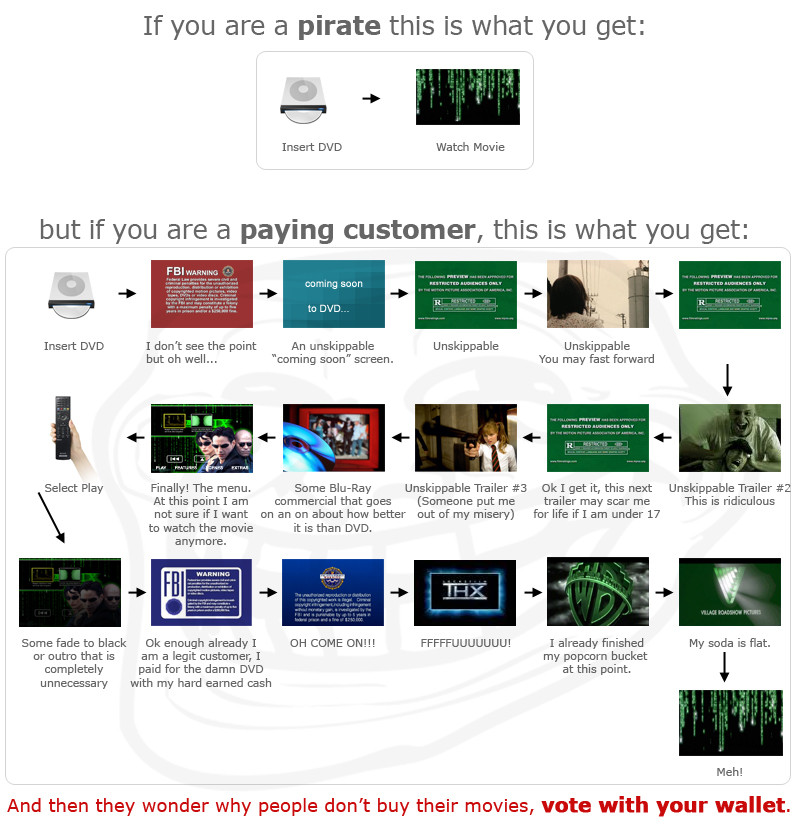Charles Stross linked to this article saying that it’s the second order effects that are going to be more important over time:
The key experiential question of Google Glass isn’t what it’s like to wear them, it’s what it’s like to be around someone else who’s wearing them. I’ll give an easy example. Your one-on-one conversation with someone wearing Google Glass is likely to be annoying, because you’ll suspect that you don’t have their undivided attention. And you can’t comfortably ask them to take the glasses off (especially when, inevitably, the device is integrated into prescription lenses). Finally – here’s where the problems really start – you don’t know if they’re taking a video of you.
Now pretend you don’t know a single person who wears Google Glass… and take a walk outside. Anywhere you go in public – any store, any sidewalk, any bus or subway – you’re liable to be recorded: audio and video. Fifty people on the bus might be Glassless, but if a single person wearing Glass gets on, you – and all 49 other passengers – could be recorded. Not just for a temporary throwaway video buffer, like a security camera, but recorded, stored permanently, and shared to the world.
[. . .]
Remember when people were kind of creeped out by that car Google drove around to take pictures of your house? Most people got over it, because they got a nice StreetView feature in Google Maps as a result.
Google Glass is like one camera car for each of the thousands, possibly millions, of people who will wear the device – every single day, everywhere they go – on sidewalks, into restaurants, up elevators, around your office, into your home. From now on, starting today, anywhere you go within range of a Google Glass device, everything you do could be recorded and uploaded to Google’s cloud, and stored there for the rest of your life. You won’t know if you’re being recorded or not; and even if you do, you’ll have no way to stop it.
And that, my friends, is the experience that Google Glass creates. That is the experience we should be thinking about. The most important Google Glass experience is not the user experience – it’s the experience of everyone else. The experience of being a citizen, in public, is about to change.






